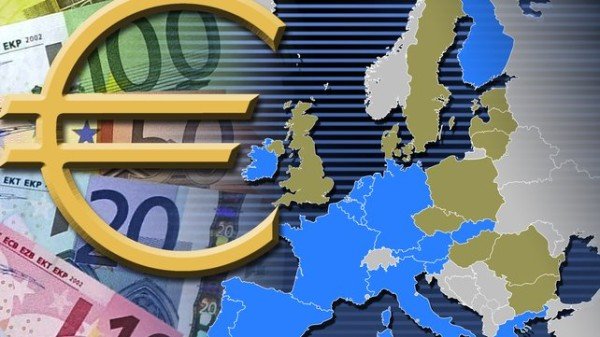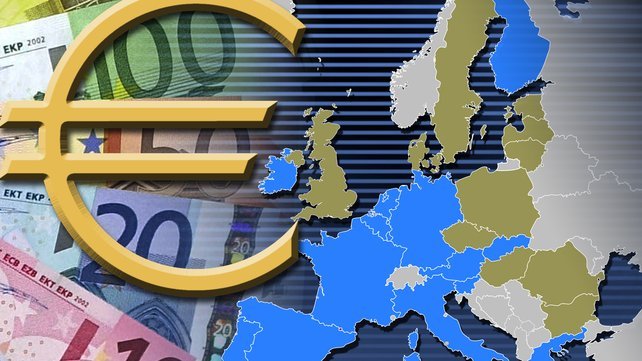The eurozone economy expanded by 1.5% in 2015, the statistics agency Eurostat has announced.
In Q4 of 2015, the 19 countries that use the euro grew 0.3%, compared with the previous three months, Eurostat has said.
The 28 countries of the EU also grew 0.3% in Q4, to a GDP growth rate of 1.8% for the full year.
Growth slowed during 2015, suggesting that more action may be needed to stimulate economies from the European Central Bank (ECB).
Eurostat also announced on February 12 that industrial production had fallen 1% in December compared with the previous month, both for the eurozone and the EU.
Year on year, it fell 1.3% in the eurozone and 0.8% in the EU.
The biggest contraction in GDP came in Greece, where the economy shrank 0.6% in Q4 of 2015, which was better than had been expected.
However, the contraction in Q3 turned out to have been bigger than previously thought, being revised from 0.9% to 1.4%.
Germany’s economy expanded by 0.3% in Q4 of 2015 to an annual rate of 1.7%.
The German statistics agency said that government spending was “markedly up”, while household consumption rose slightly.
The figures follow surprisingly poor industrial production data for December 2015.
